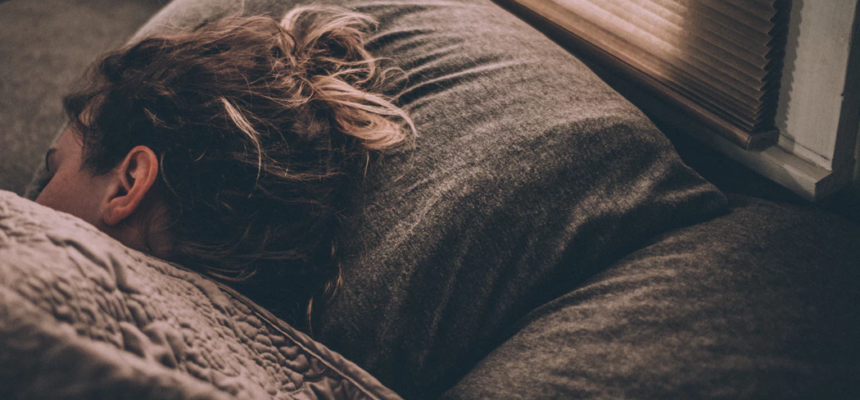
4 Simple, Safe Ways to Get More Quality Sleep During Recovery
Having a hard time getting quality rest during recovery? If so, you’re not alone. Many people experience poor sleep or lack of sleep when recovering from addiction, especially when prescription sleep medications are out of the question. Unfortunately, sleep issues can only add to an already stressful and emotionally charged experience, which is why it’s crucial to find simple, effective, and natural ways to resolve your sleep-related dilemmas.
Make Sure You Have the Right Mattress
Having the right mattress is like laying the perfect foundation for a healthy sleep routine. So, if your mattress is old, worn out, or just plain uncomfortable, think about shopping for a new one — but don’t let that shopping stress you out! There are so many choices for mattresses these days that is can be easy to get overwhelmed, but you really just need to figure out your personal sleep style to make narrowing down those choices less of a headache. For example, if you love sleeping on your stomach, back, or a combo of positions, a firm mattress is the better choice in order for your spine to maintain neutral alignment. Whether you prefer memory foam, coil or a hybrid style, there are enough well-constructed mattresses on the market to fit your sleep style and budget.
Think About Adjusting Your Sleep Routine
How you prepare for sleep is just as important as what you sleep on at night. So, if you have certain evening habits, like falling asleep with the TV on or eating big snacks late at night, you could be unknowingly sabotaging your sleep. Sound surprising? Well, even though watching television or scrolling through social media may seem like a good way to wind down, all of that exposure to the blue light of screens can interfere with your brain’s ability to induce deep, restful sleep. Even if you fall asleep fairly easily, you’re more likely to wake up throughout the night or feel unrested when you wake up in the morning. If you want to improve your sleep during recovery, try switching up your nighttime routine and opting for an activity that will produce more relaxation, such as a warm bath, short meditation, or some calm yoga poses.
Watch What You Eat Throughout the Day and Night
Your choices throughout the day can have an impact on your sleep quality as well, especially when it comes to your diet. That’s in part because processed and fatty foods can produce digestion problems, like acid reflux, that can make getting comfortable at night nearly impossible. These issues can be even worse if you eat heavy or problematic foods within a few hours of your bedtime, so it may be best to cut them out altogether. As an added bonus, switching to a cleaner diet can be beneficial to recovery as well, but foods aren’t the only culprits you should eliminate from your diet during recovery. Many beverages, including coffee, tea, and sodas, contain caffeine that should be avoided to enhance recovery and sleep.
Look for Other Safe and Natural Sleep Enhancers
Diet, environment, and habits can all play into your overall sleep quality. If modifying these elements doesn’t seem to improve your sleep, however, know that there are some other changes you can try. For instance, if you exercise in the afternoon or evening, try moving your workouts to the morning. While getting any form of exercise can help your brain and body feel more relaxed at night, some studies suggest that moving in the morning is the best way to enhance those sleep-boosting effects. Exercise can also help to lower stress levels, which is always important during recovery since there is a connection between stress and addiction.
Don’t let losing sleep take away from your recovery efforts. Use the safe, simple, and natural remedies above to fall asleep faster and sleep deeper, as well as to provide your brain and body with the nightly refresh needed to stay focused on staying sober.
Photo Credit: Unsplash








